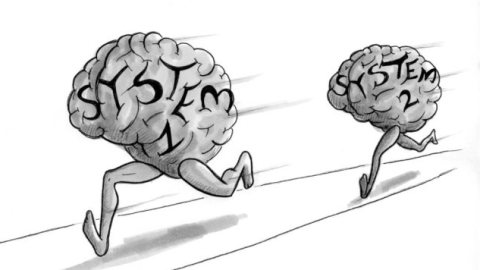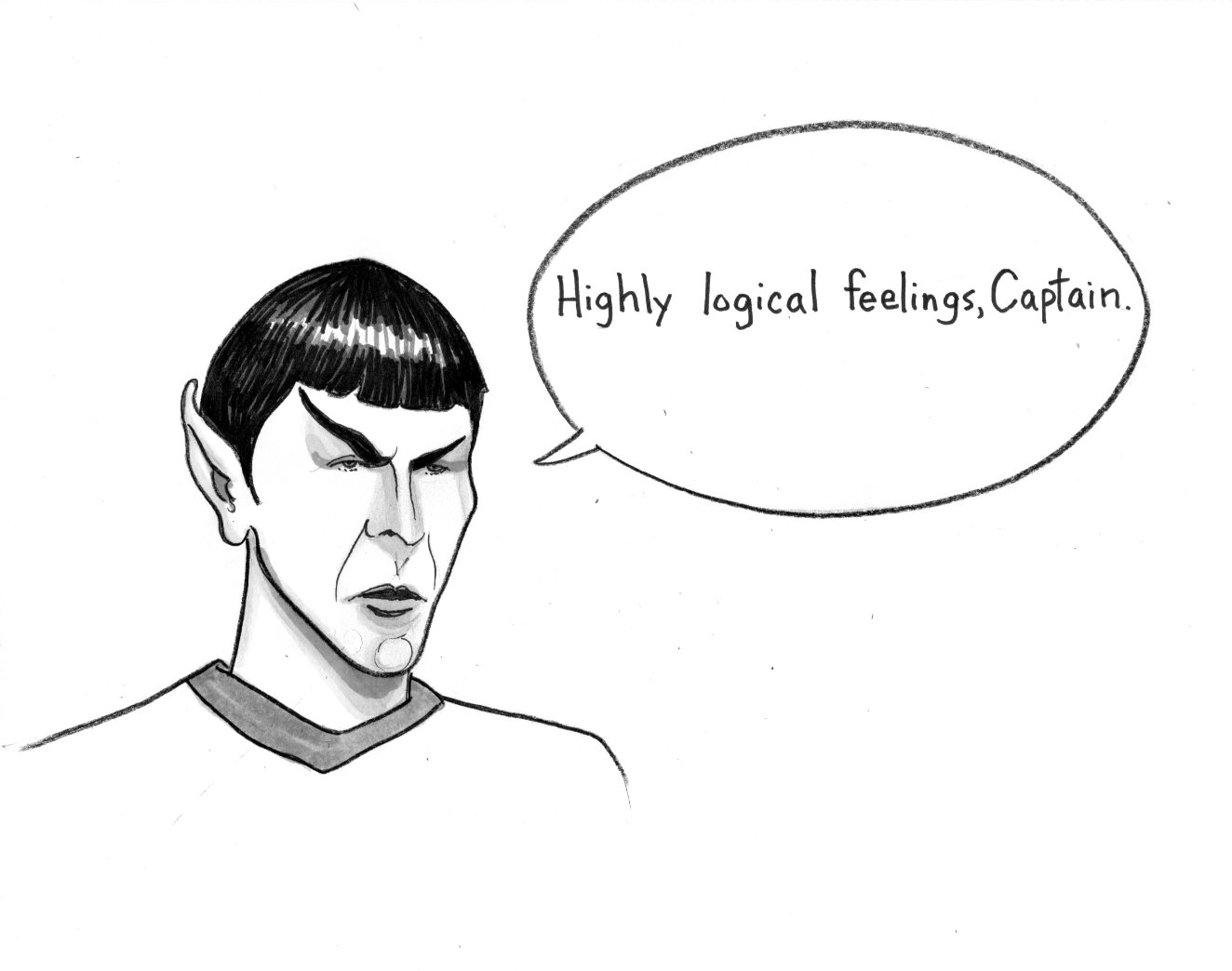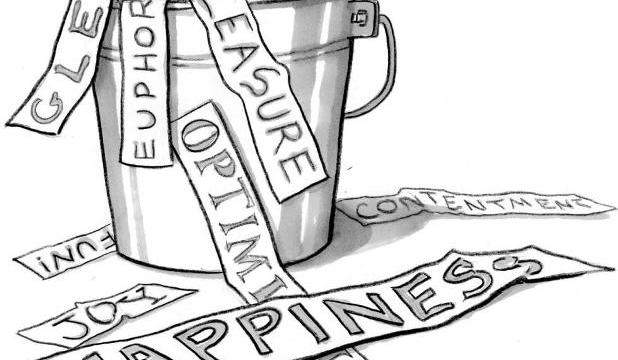Kahneman’s Mind-Clarifying System(s)

1. Feeling is a form of thinking. Both are ways we process information, but feeling is faster. That’s the crux of Daniel Kahneman’s mind-clarifying work.
2. In Thinking, Fast and Slow, Kahneman says social scientists until recently broadly believed that “people are generally rational…[and that] emotions…explain most [departures] from rationality.”
3. But research shows it’s unsafe to presume that emotions are guilty—”cognitive bias” studies trace systematic “errors to the… machinery of cognition…rather than corruption…by emotion.”
4. Kahneman using the brilliantly bland terms “System 1” and “System 2”—unburdened by the baggage of old associations—sidesteps centuries of confusion (and Freudian fictions).
5. System 1 “is the brain’s fast, automatic, intuitive approach,” System 2 “the mind’s slower, analytical mode, where reason” operates. But “System 1 is…more influential… steering System 2 to a very large extent” (—>Hume’s “Reason Is and Ought Only to Be the Slave of the Passions,” 1738).
6. The measurable features of System 1 and System 2 cut across prior categories. System 1’s intuitive/emotional/fast information-processing is often logical and useful (e.g. intuition = System 1 pattern “recognition”). Conversely, System 2 thinking, despite being conscious and deliberate, can work badly, even irrationally (e.g. here, here, here).
7. Kahneman, astonished that economists were modelling people as “rational, and selfish” with stable tastes, whereas to psychologists it’s “self-evident that people are neither fully rational nor completely selfish” and have “anything but stable” tastes, launched behavioral economics.
8. Kahneman’s framework has limitations, e.g. cognitive biases can have two sources of error, the seemingly suboptimal behavior and the norms economists (mis)label “rational.”
10. Kahneman’s focus on explicit numerical decisions discounts that we didn’t evolve to think numerically. Conscious math is a second nature skill, needing System 2 training (—>Hobbes “Reason is not…born with us… but attained by industry/training,” 1651).
11. Kahneman says we’re bad “intuitive” statisticians, but babies do astonishing System 1 statistical reasoning. And human speech requires strong intuitive stats (still beyond our best technology).
12. And cognitive biases might be (automatically triggered) bad System 1 habits rather than built-in brain bugs.
13. Limitations aside, whenever pondering cognition, bear in mind the distinct traits of System 1 and System 2. Mapping mental skills onto those labels can clarify your thinking about thinking.
—
Illustration by Julia Suits, The New Yorker Cartoonist & author of The Extraordinary Catalog of Peculiar Inventions.





